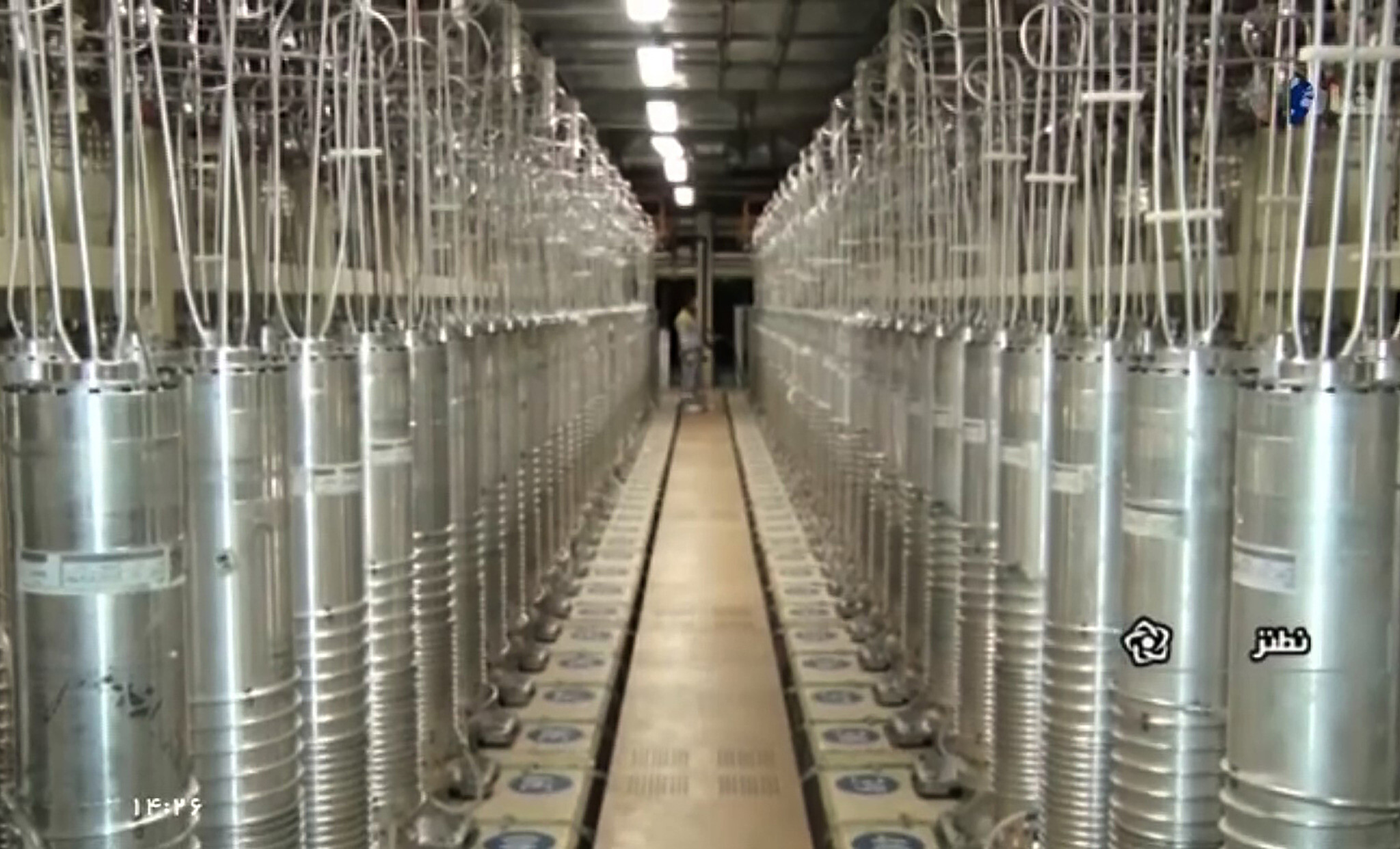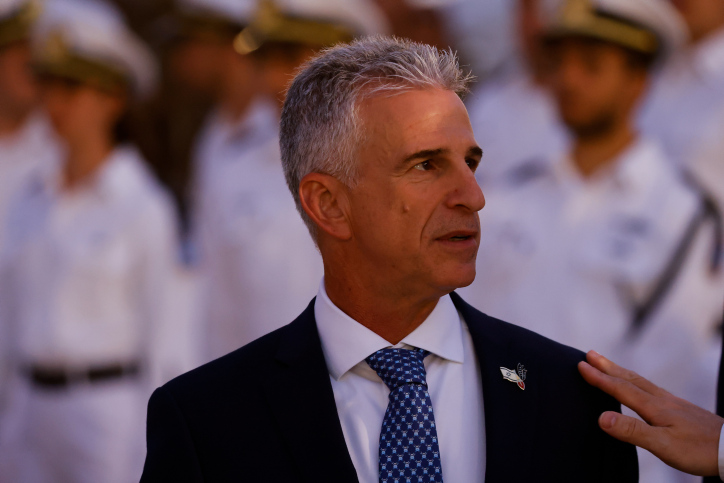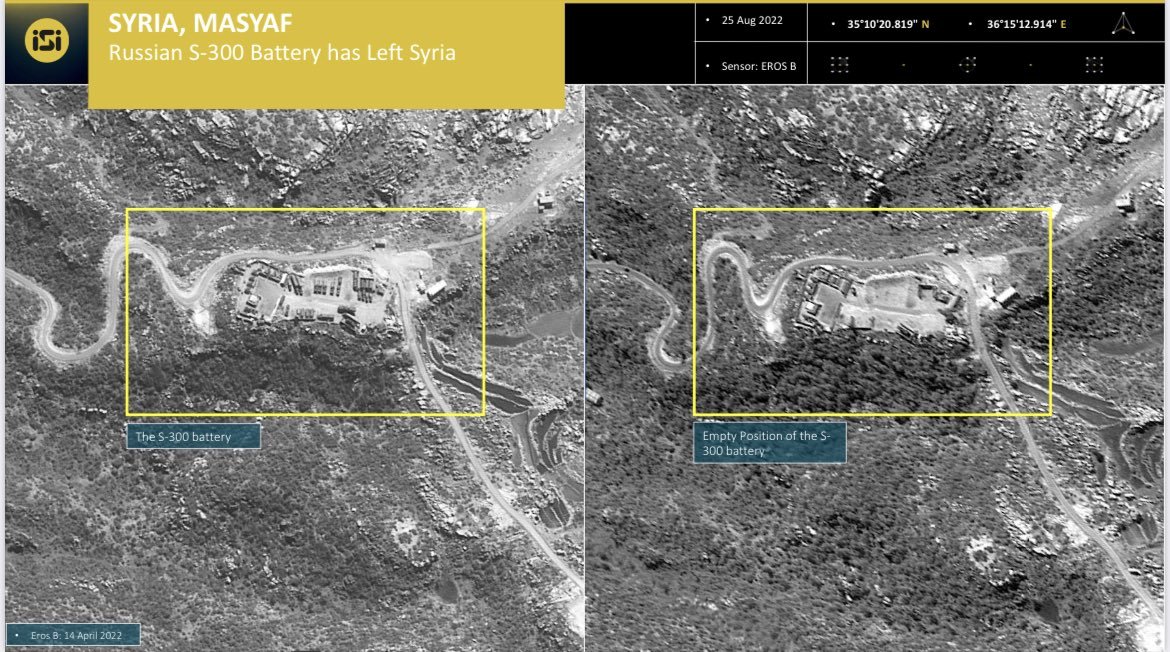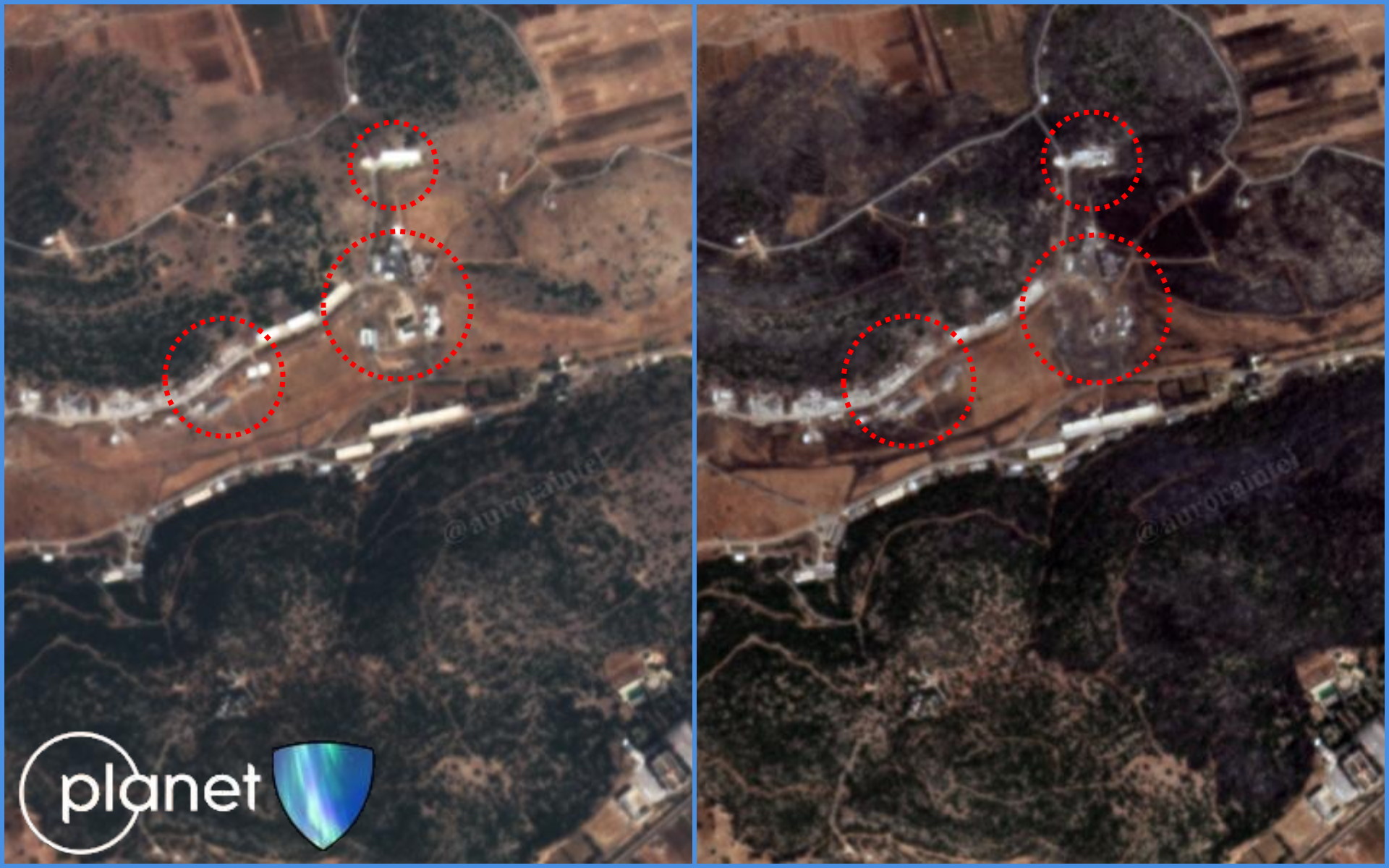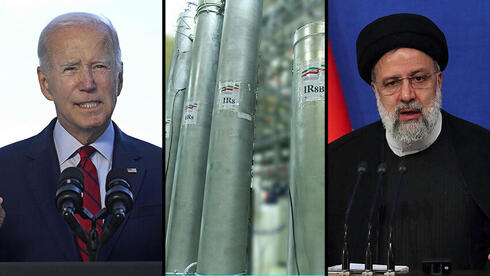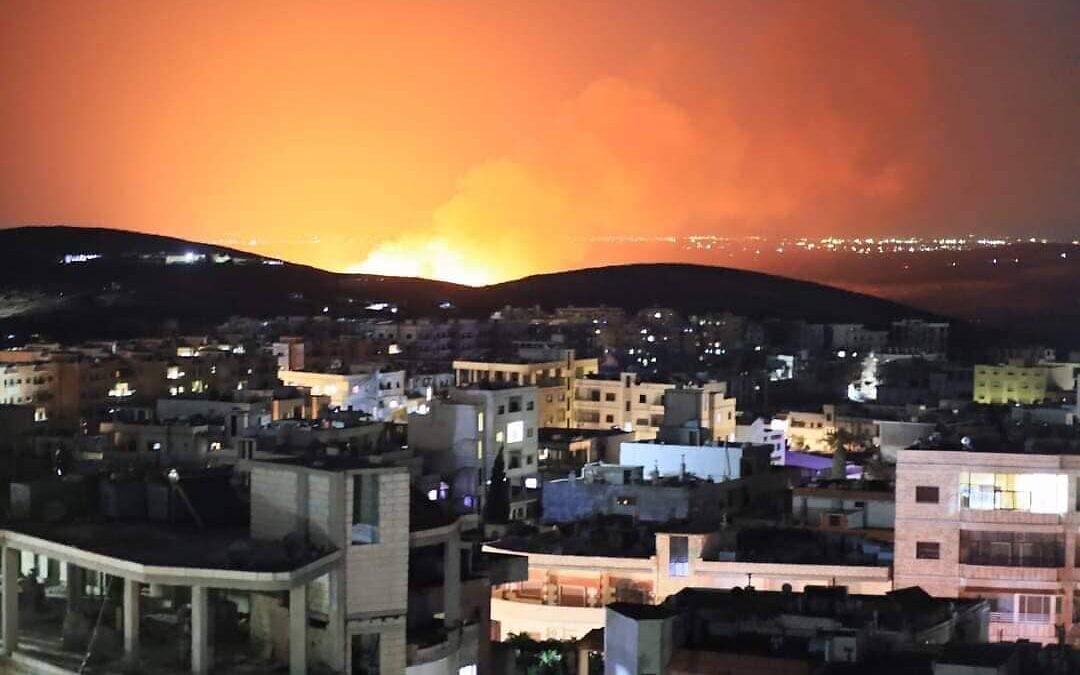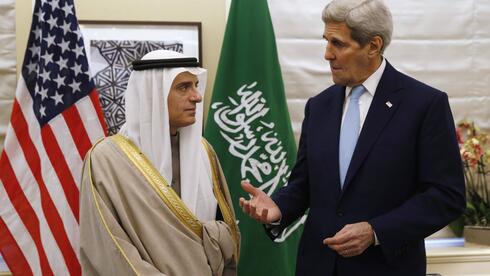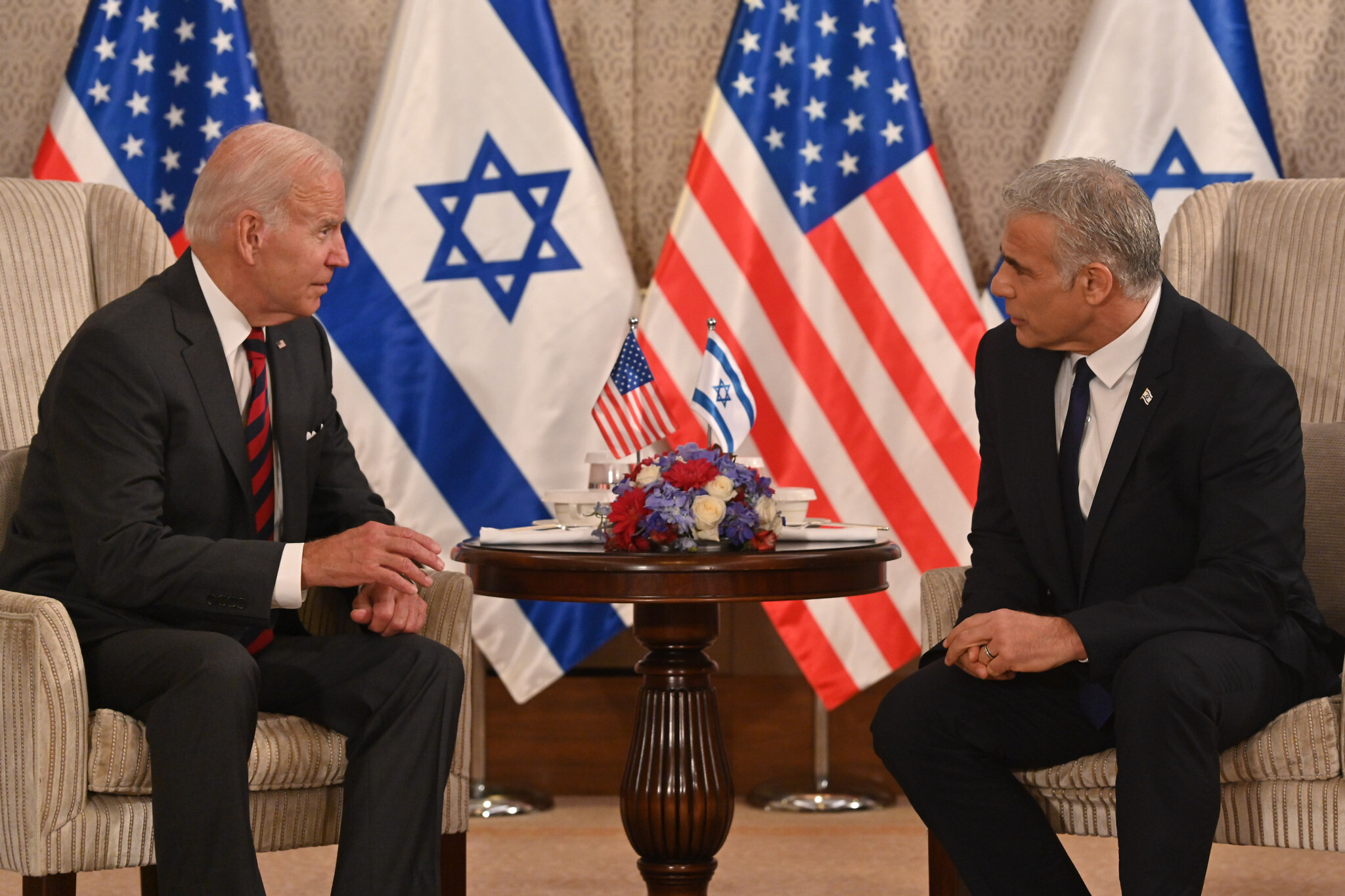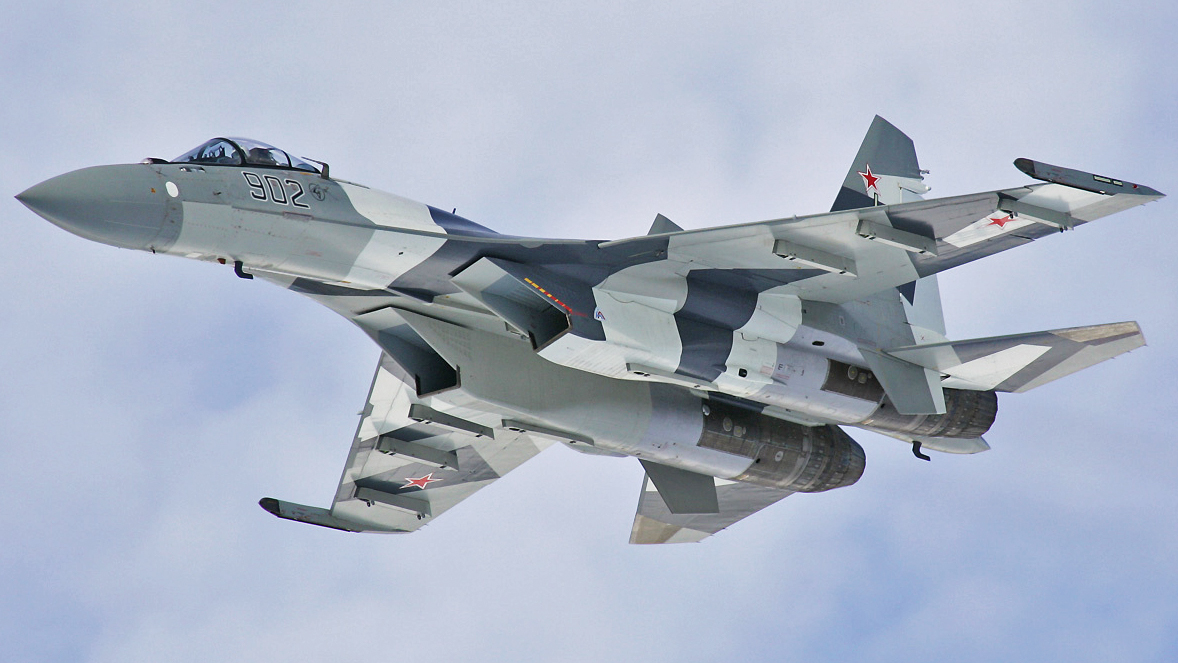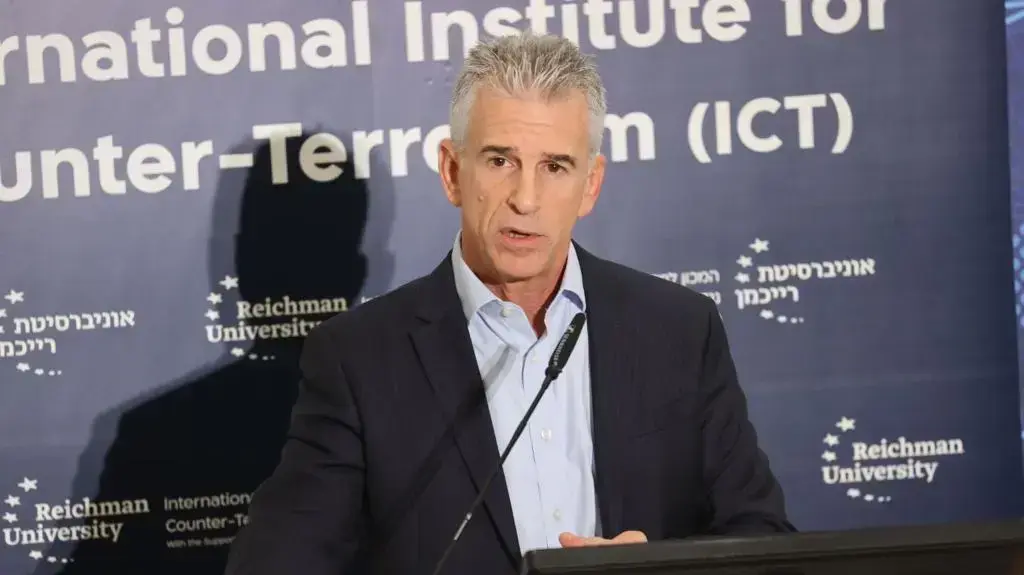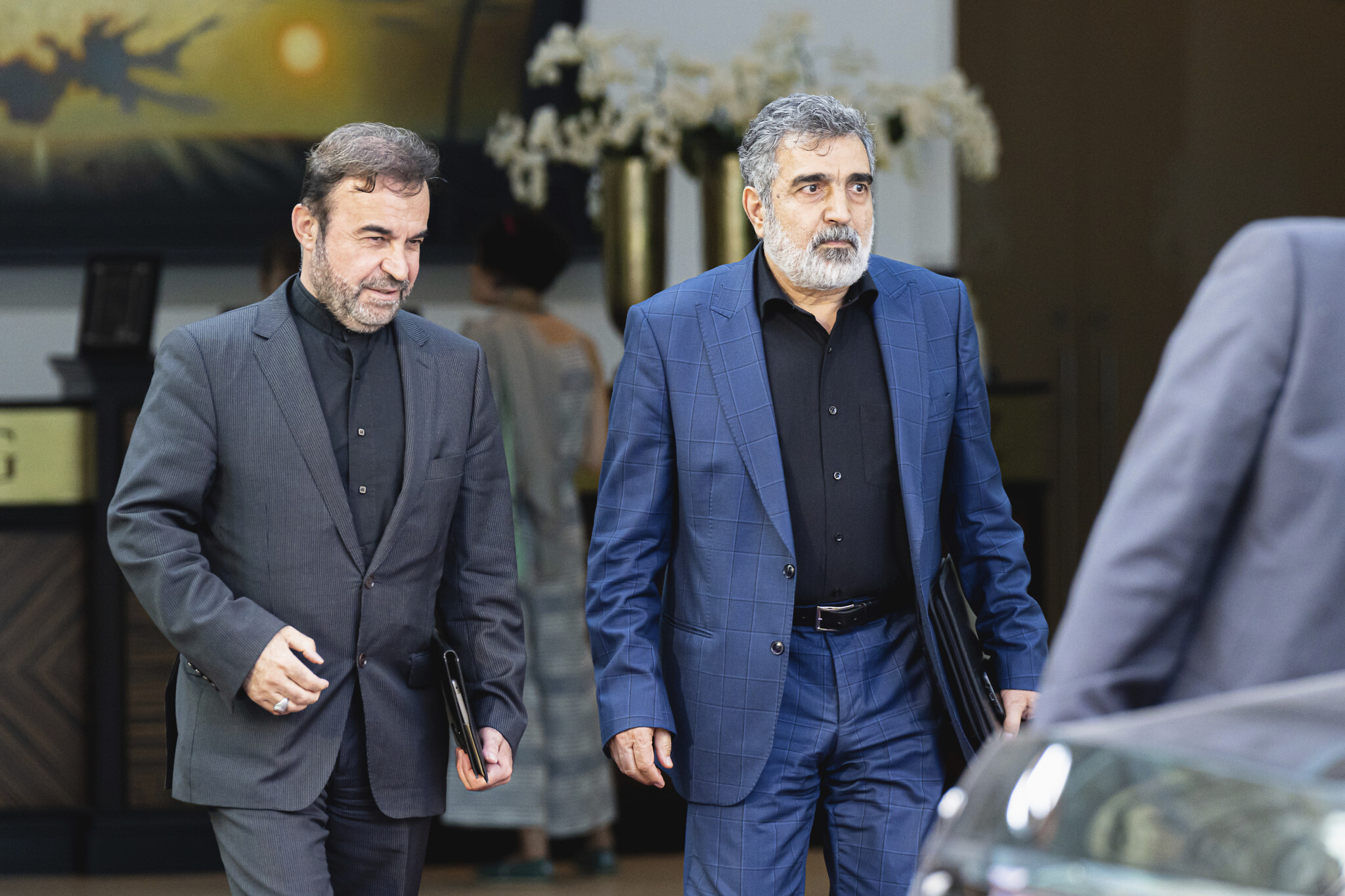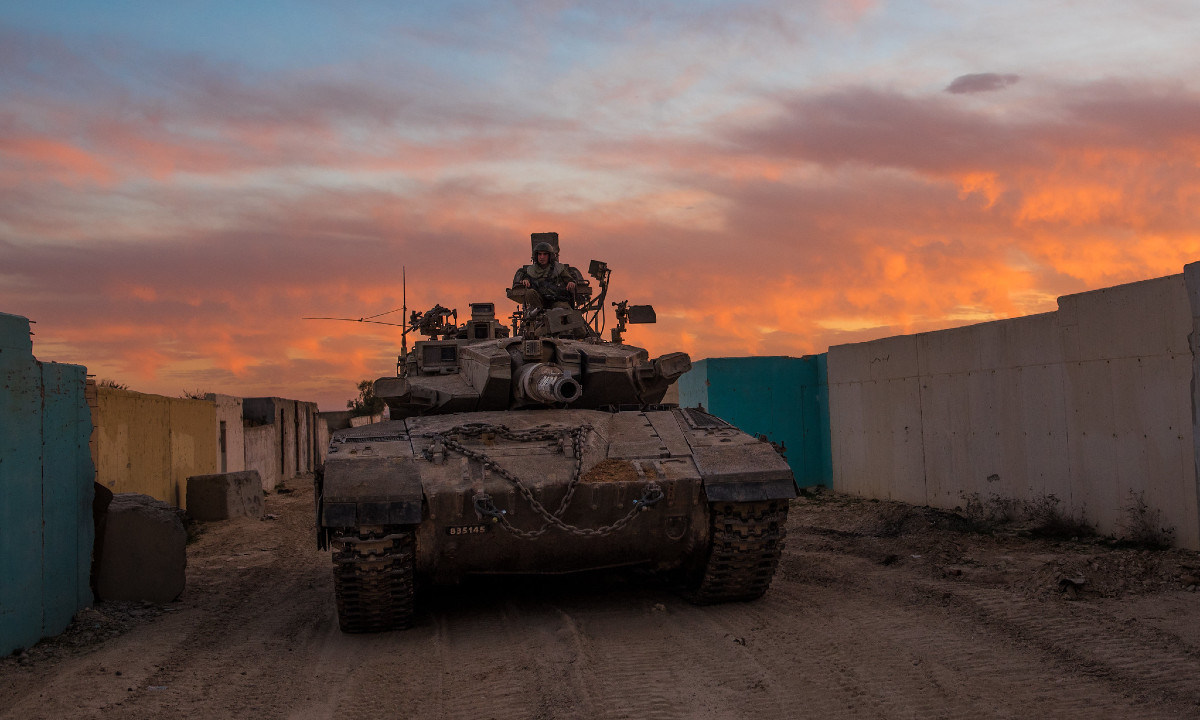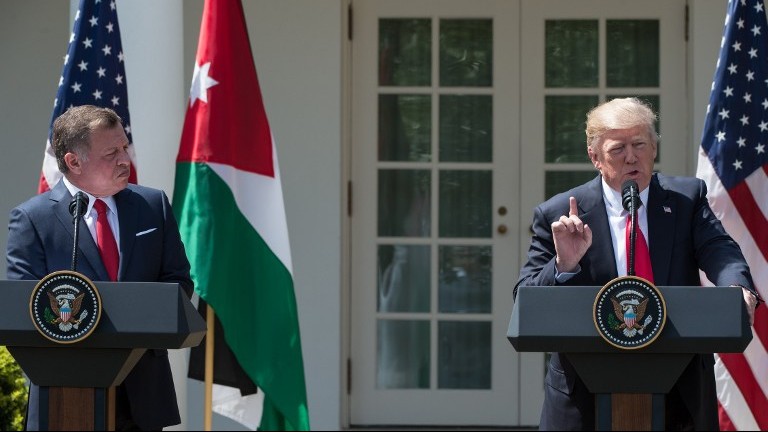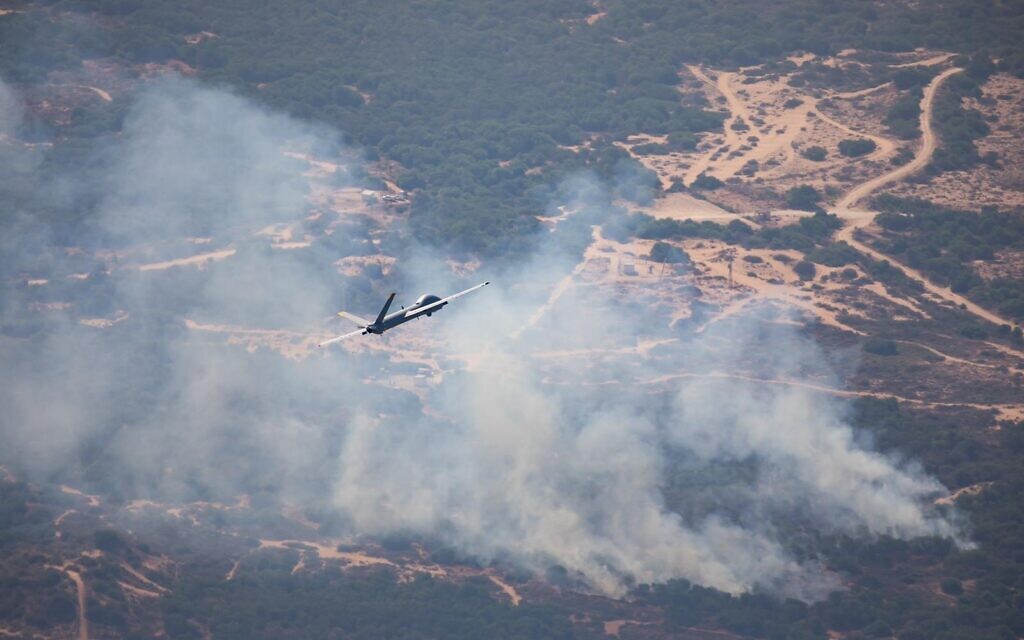That is the main issue : land. Land the Palestinians want and are entitled to for their future state. For them land is a central issue. There is some land Israel is more than happy to vacate when it suits its interests; land it will continue holding on to for strategic reasons but might be willing to vacate in the future and land it will never vacate or share.
After giving up the entire Sinai to Egypt, there isn't much land left for Israel to 'give up'. With the frequent wars in Gaza, available lands shrink even further. But while the question of how to settle the Palestinian conflict was approached from many directions, it was the only time a holistic solution was proposed that any progress was made. Although peace with the Palestinians wasn't achieved, Trump's plan included the trigger for the Abraham Accords, and if pushed further, could bring to public light the core issues of the Palestinian conflict, because in reality it's not a Palestinian-Israeli conflict. It's not an Arab-Israeli conflict. It's a Palestinian-Arab conflict, an inter-Palestinian conflict, or even a Palestinian-Arab-Israeli conflict.
Having more lands will not improve the situation for the Palestinians. They'd still live under the rule of terrorist organizations. They'd still live in suffocating poverty which will likely only be aggravated, and millions of Palestinians will still live as sub-humans in the Arab states, if not outright endangered by wars (e.g. Syria).
What will help them is relief and settlement for their people abroad, infrastructure projects, education and general economical investment in their economy.
To help them improve, we need to separate their symbolic needs from their practical needs, and first satisfy the practical needs. Symbolism is a luxury they cannot afford. Having Jerusalem is a symbolic need.
The issue is that Trump does not own the West Bank; not his to give and he can't play God. As it stands the region has had a long history of territory being traded and artificial borders created by outside powers with no regard for the locals; with damaging consequences which we still serving today decades later. The question of who really stands to benefit from these preposterous Trump schemes also arises.
I certainly didn't see this form of criticism when former presidents offered to mediate talks between Israel and Arabs. Was Clinton a god when he mediated talks on a platform of land exchange? Perhaps, but as an atheist I have my reservations.
On the subject of the West Bank; do you recall an incident many years ago when Israeli troops entered a building which was rigged with explosives and suffered casualties? Which West Bank town was it?
I couldn't find anything on the West Bank, only Gaza. In 2014, 17 soldiers were injured and 3 were killed when a clinic in Khan Younis blew up.
The more secure they are with better future prospects: the less likely they will resist or be a threat to Israeli security. Take Gaza; if the blockade was lifted; if residents [most of whom are not originally from Gaza] had better opportunities; were free to travel with no restrictions as is their fundamental right [like ordinary people elsewhere]; chances are Hamas would lose power. It's not as if Palestinians have this ingrained mentality of wanting to perpetually take up arms and need a carrot approach to see the error of their ways.
Then how do you explain the rising popularity of Hamas in the West Bank? How do you explain the massive terror attacks that led to the blockade?
Hamas is not fighting to end the blockade, and the Palestinian people don't draw Hamas's legitimacy from the existence of the blockade. Hamas de-facto created the blockade, and over the years it worked meticulously to tighten it. Otherwise Hamas would lose its legitimacy and had died down when the blockade was created.
Proposing to end the blockade is lunacy on the same tier as proposing Russia would let Ukraine exist as a democratic, liberal, west-aligned nation if it only disarmed and surrendered - we have countless evidence that the opposite would happen.
If it's about the Palestinians' right to travel, it's not infringed. Israel doesn't owe anyone the right to travel through its territory, certainly not more than Poland owes Russians and Belarussians the right to enter its territory - which is none. Palestinians in Gaza can use the air and sea ports to travel abroad.
No sane leader, especially an Israeli one, would be willing to sacrifice thousands of civilians on both sides just to make travel a bit more comfortable for some people. That would be lunacy as well.
The thing is revolutionary Iran has not been alone for a long time but we must never overestimate the level of influence Iran has with its proxies. The Houthis are a good example; the general impression is that they don't do anything without Iranian approval. Now we know that's not the case; at times they did their own thing; like certain attacks on other countries which came at a time when Iran was in talks with those countries.
That's not a bug. That's a feature. Why do you think Houthis attacking Saudi Arabia and UAE before or during talks is contrary to Iran's own policy? In the power play of the middle east, such policy is actually very logical and common.
If you assume Iran is peaceful, then sure it wouldn't want to attack these countries during talks, but then, its proxies wouldn't exist either. So it doesn't sit well with current reality.
If you assume Iran is on a regional terror campaign, e.g. such run by terrorist organizations like Hezbollah, PMU, Houthis, IRGC, PIJ etc, then it makes sense it would use a policy of muscle, not flowers, to get its enemies to submit to its will. Striking inside the territory of said countries, and on their critical infrastructure at that, while they are powerless to retaliate, is the perfect message of power.
Option A clearly requires trust, while option B doesn't. And Iran and the Arab nations have 0 trust.
Predictably he spoke about the Iranian threat; it's ambitions, etc, but to me he also should have spoke about the political conditions which would lead to Iran seeing a lesser need to have proxies and to not confront Israel; things don't exist in a vacuum.
Should we also examine how Ukraine could have provoked Russia to invade it? Or the same for Georgia? Or how Czechoslovakia and Poland provoked Germany to invade?
Do you honestly think it would be productive to think what they could have done to avoid this fate?
And if your answer is "yes", then do you honestly think it would be productive for Israel to think what provoked Iran to attack it? And what good would it yield?
The officer explained it quite plainly - Israel is simply at the forefront. Had it been a modern day France copied to Israel's territory, it would be Iran invading France.
Giving hostile entities as Iran, Russia, North Korea etc the benefit of doubt only shows we are unable to learn and adapt quickly enough, and boosts their own ability to prepare and get an advantage.
I believe in a mantra of not doing the same work twice, for the sake of efficiency.
Interestingly he describes Iran as "a growing superpower". Iran has always been a regional power but to me a "superpower" would have nukes, the ability to project soft and hard power globally and a very strong economy; Iran has none of these criteria. Is he suggesting that it's not a matter of if but when the Iranians get nukes?
The Israeli and foreign understandings might differ. Also possibly a translation issue, as it's likely he just tried to find a word that described Iran as more than just another regional power.
When asked about what conditions would lead the Iranians on deciding to acquire nukes; he answers "to think that when they do decide to go nuclear, no one will be able to stop them". The question I'd ask is what would be the strategic conditions which would convince the Iranians they had to acquire nukes? What change in their threat calculus and in response to what actions by other countries?
IMO, nothing. But if played strategically, Iran can have it both ways - nukes and no sanctions. If they get nukes and sanctions, their vision of a worldwide Islamic revolution will be stuck in second gear in the middle east. If they get no nukes and no sanctions, they will not have the ultimate deterrent that would ensure the Ayatollah regime stays safe eternally. And if they can have nukes but no sanctions, they eat all the cake.
But to do that, Iran would need to bluff without being caught. Thankfully, the US and EU already recognize that Iran is not negotiating in good faith, and that if Iran could have clandestine activities during the JCPOA and insist on continuing to do so under the new deal, then there's no real assurance that Iran would really stop working on getting a nuke, at least not in any capacity that would reduce from this danger. In other words, Iran cannot really bluff anymore, so it has to work some other way. Concede to the fact that sanctions will likely remain, and in the meantime work with China and Russia to raise its economical might to fuel its regional campaign.

